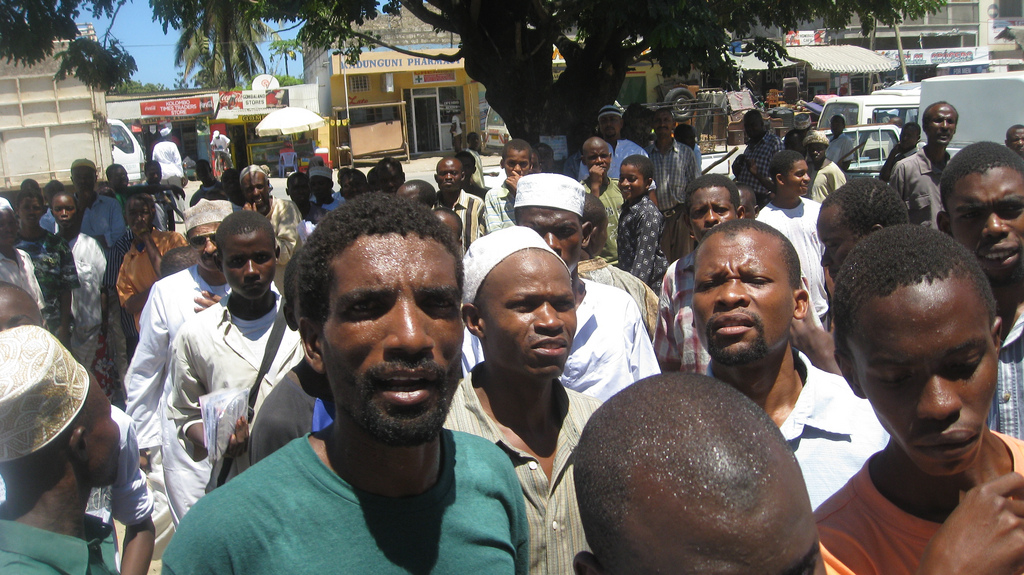 Last November, a peaceful UC Davis student protest associated with the Occupy movement led to pretty big scandal surrounding police brutality when 21 students were pepper sprayed by campus police, captured in this video:
Last November, a peaceful UC Davis student protest associated with the Occupy movement led to pretty big scandal surrounding police brutality when 21 students were pepper sprayed by campus police, captured in this video:
While there was once a great deal of fury surrounding the actions of the campus police, sympathy for the victims is plunging now that the results of the settlement have finally arrived. The amount that the University of California will cough up to each student as compensation for last year’s incident?
$30,000.
Surprised? Jealous? Don’t give a care?
There’s no denying this case cost a pretty penny. In total, $730,000 was awarded to the plaintiffs, plus $250,000 in costs and attorney fees. In addition, $100,000 was set aside for other victims yet to be identified. It seems like these funds could have been allocated differently in a way that could have benefitted the entire student body. Perhaps it could have gone towards programs that promoted the original goals of the protestors: the budget cuts and tuition hikes. On the other hand, some of the students endured pain for days, were treated at a hospital for chemical burns, or experienced nightmares and panic attacks related to the frightening day. All of these things could have had a negative impact on grades, although that’s hard to measure.
In support of the victims, Michael Risher, staff attorney with the ACLU of Northern California, said in a statement, “If the First Amendment means anything, it’s that students should be able to exercise their free speech-rights on their college campus without being afraid of police violence. What happened on November 18 was among the worst examples of police violence against student demonstrators that we’ve seen in a generation. The settlement should be a wake-up call for other universities and police departments.”
Sometimes seemingly excessive penalties are justified by their ability to set a precedent to other institutions, ensuring the wrongful actions are never repeated in the future. Penn State Football, anyone? It’s harder for people to see it this way though, leaving many to question whether, at face value, the consequences fit the offense. Is being unjustly pepper sprayed really worth $30,000?
Debra J. Saunders of the San Francisco Chronicle thinks the protesters were completely in the wrong for making a fuss in the first place and that this settlement only encourages disorderly behavior. Referring to the protesters as “privileged recipients of a top-notch university education partially subsidized by California taxpayers,” she adds, “Students surrounded campus cops, who warned students that if they didn’t disperse, they would be subject to the use of force and pepper spray. They stayed. They videotaped. They sued. That’s how so-called civil libertarians conquer. They break rules designed not to squelch free speech, but to protect everyone’s right to public space. Then they sue, secure in the knowledge that state officials will settle with them.”
So were the students really asking for it? Maybe I missed something, but it looked like the students are sitting tranquilly, even as the police get right in their faces with an inflammatory gas. The police officer doesn’t spray them out of concern for his immediate safety, but out of spite that the protesters aren’t obeying his orders to disperse.
But by participating in a protest where you are knowingly breaking a law or a campus rule, what risks are you consenting to? Are you agreeing to be arrested or mistreated, like the civil rights activists of the past? Is brutality part of the power of civil disobedience? f not, where do your personal boundaries lie and when should you give up and comply with authority figures? If you are violated, should you be compensated, and what should that look like?
In the case of UC Davis, can we assign a sum of money, uniform to all the victims, that captures the effect of this incident?


